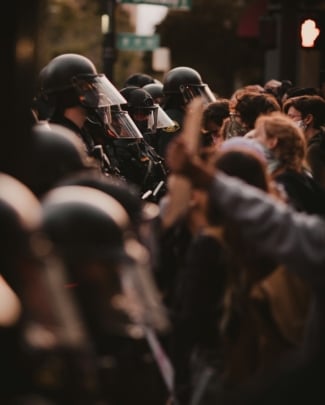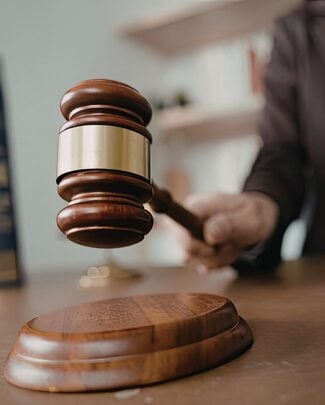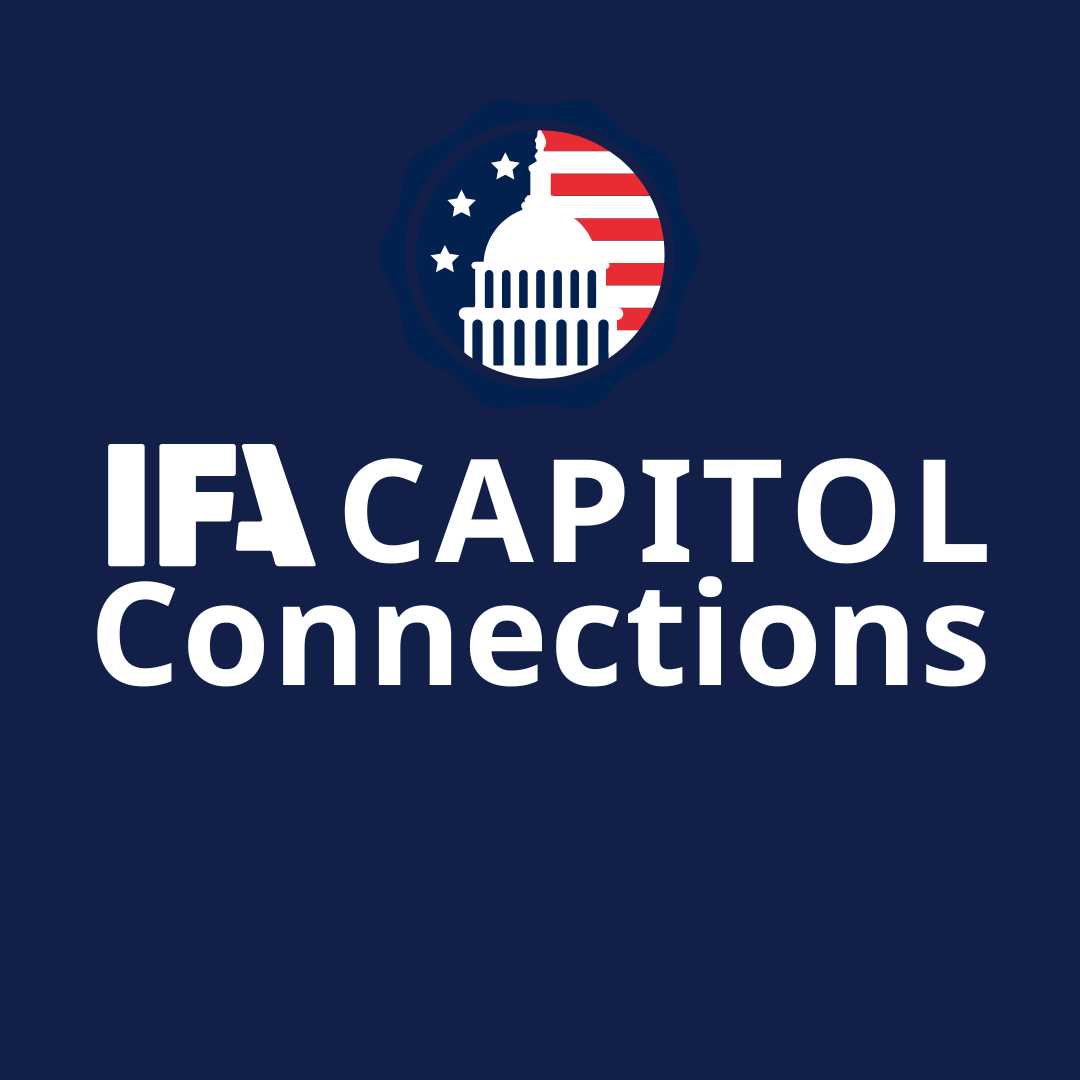RELIGIOUS PERSECUTION RISING IN CUBA
VP PENCE CALLS GEORGIA MAN WITH COVID-19 TO PRAY WITH HIM
CRISIS CALLS FOR FASTING
VIDEO: IN 1 MINUTE BEN CARSON SUMS UP THE VALUE OF OUR PRAYER AND FAITH...
SUPREME COURT POSTPONES ORAL ARGUMENTS IN RESPONSE TO COVID-19
RELIGIOUS PERSECUTION RISING IN CUBA
Religious freedom is deteriorating in Cuba, according to a new government report. Less than 100 miles south of Key West, pastors and parishioners face surveillance, interrogation, and incarceration from an increasingly bold communist government. They need your prayers!
“Rejoice in hope; be patient in affliction; be persistent in prayer. Share with the saints in their needs; pursue hospitality. Bless those who persecute you; bless and do not curse. Rejoice with those who rejoice; weep with those who weep.” (Romans 12:12-15)
The United States Commission on International Religious Freedom (USCIRF) released a policy update on Cuba this week that is a stark reminder of how precious our liberties are. The faithful have faced severe trials for decades in Cuba, but tensions rose dramatically a year ago.
After Miguel Díaz-Canel was appointed by the Cuban Communist Party in 2018 as Raúl Castro’s successor, he began a push to replace the country’s Soviet-era constitution. By the end of the year, the unicameral, communist-only National Assembly of People’s Power approved a draft that was then scheduled for a popular vote last February. Perhaps unsurprisingly, the totalitarian state’s authorities reported nearly 90 percent of the island’s voters approved the new charter cementing one-party socialism as “irrevocable.”
What was more surprising was the growing voice some religious leaders appeared to have in calling for reforms leading up to the vote. Pastors and priests elevated concerns that the new constitution undermined protections for religious freedom that had existed (at least on paper) before.
Remember, the Cuban Communist Party controls all the levers of state power – executive, legislative, and judicial. With no other political parties legal, shepherds of these religious communities became de facto reform movement leaders and, in the minds of party bosses, a threat. Local pastors faced harassment if they spoke critically of the draft constitution and Assemblywoman Mariela Castro, daughter of Raúl Castro, even suggested on Facebook that the the church is “the serpent of history.”
Since enactment of the new constitution, Cuban authorities have come down hard on religious groups considered to be a nuisance. The government’s Office of Religious Affairs (ORA), which is notably housed in the country’s Ministry of Justice, requires all religious groups to register or else face fines and prison. This week’s USCIRF report states this office has “broad, largely unchecked power” and “decisions on registration applications appear to be arbitrary.” Moreover, USCIRF notes that the ORA, which must approve essentially anything beyond regular worship services, sometimes suddenly decides to pull permits from previously sanctioned church activities, leaving groups in difficult straits.
USCIRF also provides examples of Cuba’s intimidation tactics. Leading up to the referendum last year, arbitrary detentions doubled. After the vote, members of seven evangelical groups who not only opposed the constitution, but also banded together in a new Cuban Evangelical Alliance, were summoned, interrogated, and blocked from traveling abroad to the U.S. State Department’s Ministerial to Advance Religious Freedom. Another pastor was sent to prison for homeschooling his children in order to keep them from communist propaganda. To top it off, a Cuban journalist who dared to report independently on that pastor’s story was assaulted and sent to a labor camp.
The Trump administration has already imposed sanctions against Cuba for its human rights record and increased its pressure in a State Department religious freedom designation late last year. The watchdog USCIRF is now calling for new sanctions against Cuban authorities, including the ORA’s chief, as well as reinforced help for local religious leaders and those in the media brave enough to tell their stories.
What can we do? Teo Babun, CEO of the Christian ministry EchoCuba, has called this a “watershed moment.” Writing last year in the Miami Herald, he said, “Despite harsh and inevitable government reprisal, independent church leaders have emerged as Cuba’s most powerful — and respected — civil-society activists for freedom of religion and belief and the intersectional rights of expression, assembly, association, education, nondiscrimination, privacy and due process.” Babun said now is a critical time to support reform efforts.
Let’s use our prayers to undergird brave pastors in Cuba and sympathetic leaders abroad to do just that!
Aaron Mercer is a Contributing Writer with two decades of experience in Washington, D.C.’s public policy arena and Christian associations. A seasoned strategist, he aids organizations with research, analysis, and writing services, and he reflects on faith, technology, and the public square at FTPolicy.com.
Partner with Us
Intercessors for America is the trusted resource for millions of people across the United States committed to praying for our nation. If you have benefited from IFA's resources and community, please consider joining us as a monthly support partner. As a 501(c)3 organization, it's through your support that all this possible.


We use cookies to ensure that we give you the best experience on our website. If you continue to use this site we will assume that you are happy with it. Privacy Policy




Comments
No comments have been posted yet; you can be the first!